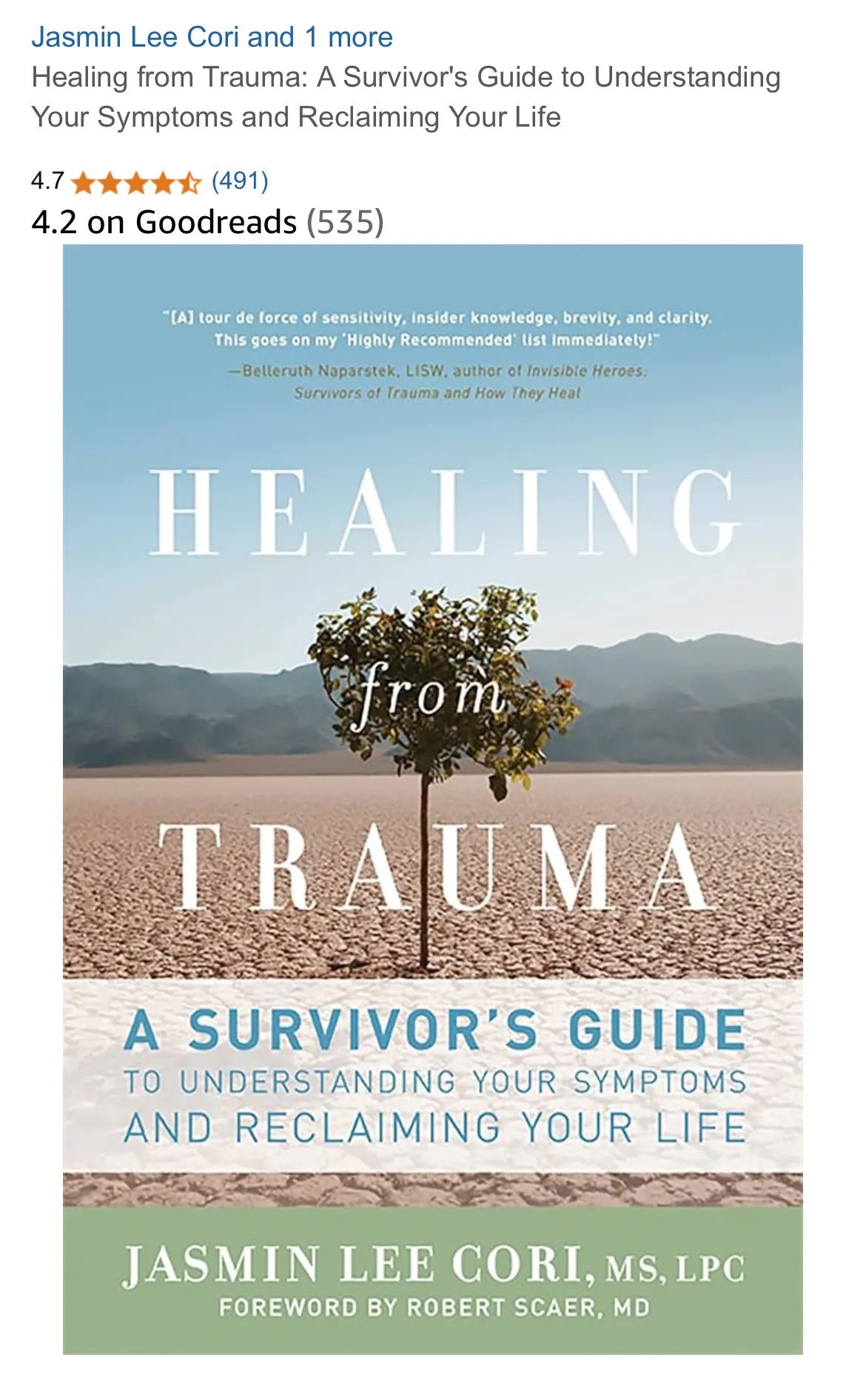Understanding Trauma's Lasting Impact on Teen Mothers
Teen Moms Anonymous / Published June 24, 2025
The prevalence of violence and abuse in the lives of teen mothers is staggering and often overlooked. Our recent podcast episode, Understanding Trauma's Lasting Impact on Teen Mothers, delves into this critical topic, examining how traumatic experiences continue to affect mothers, decades after the initial events. As many as two-thirds of teen mothers have experienced sexual or physical abuse at some point in their lives, either during childhood or in their intimate relationships, and often both. This statistic alone represents a public health crisis that demands our attention and comprehensive intervention.
What makes this reality particularly troubling is that these traumatic experiences don't simply remain in the past once they're over. Many adult women who were teen mothers adopt the stance that their past traumas are behind them—they've moved on, forgiven, and don't want to revisit painful memories.
While this is an understandable coping mechanism, trauma research reveals a more complex reality. Unprocessed trauma remains stored in the body, particularly in the nervous system, continuing to influence behavior, relationships, and parenting styles decades later.
Trauma, by its very nature, is overwhelming and terrifying. It represents moments when we face threats to our lives, well-being, or sanity that exceed our capacity to cope effectively. During these experiences, our bodies implement protective measures—we may disassociate, freeze, or repress the memories entirely.
However, these protective mechanisms don't prevent the physiological imprint of trauma. As trauma expert Jasmin Lee Cori explains in her book "Healing from Trauma," traumatic events change our nervous systems in lasting ways, creating what she calls a "footprint" or "tracks in the body" that continue to affect how we experience ourselves and the world around us.
This neurobiological understanding of trauma helps explain why some teen mothers develop long-term mental health conditions. Research indicates that teen mothers experience significantly higher rates of depression both during and after pregnancy, with estimates between 16-40%.
Even more alarming, one study of African American women who became teen mothers found a twofold increase in depression rates 20 years after giving birth to their first child. These patterns illustrate the long-term consequences of unaddressed trauma and highlight why healing interventions are essential.

Not all trauma impacts people the same way. Three major factors influence why some individuals suffer more severely than others: differences in the traumatic events themselves, differences in individual makeup and resources, and differences in spiritual or philosophical responses.
Certain traumas create deeper wounds—violations by loved ones, particularly parents, cause the most profound damage to one's sense of safety and trust. Repeated trauma creates more significant impairment than one-time events, and unpredictable traumatic experiences (like domestic violence with an unpredictable partner) have greater impacts on the nervous system.
Hidden trauma—experiences that have been repressed or normalized within trauma-blind cultures—presents particular challenges. When traumatic experiences like sexual abuse are dismissed, denied, or minimized by family members or communities, victims may struggle to recognize the source of their ongoing symptoms. Yet as Cori emphasizes, "any traumatic experience, whether visible or invisible, imprints the nervous system." Your body keeps the score, even when your conscious mind doesn't acknowledge what happened.
The path toward healing involves two types of suffering: the original suffering caused by traumatic events and the therapeutic suffering that comes with healing. While the healing process can be painful as we finally face what was once too overwhelming to process, this suffering is finite and leads to freedom.
In contrast, the suffering from unresolved trauma continues indefinitely, undermining our well-being and limiting our capacity to thrive. For teen mothers and adult women who were teen mothers, committing to this healing journey is essential not only for themselves but for breaking intergenerational cycles of trauma that affect their children.
Though the process is challenging, healing is possible. With proper support, including trauma-informed therapy and community resources like Teen Moms Anonymous, women can reset their nervous systems, process their experiences, and move toward becoming "simultaneously softer and stronger, wiser and less cynical."
While you cannot change what happened, you can change its imprint on you. This transformative work creates the foundation for emotional wellness that enables mothers to nurture the healthy emotional development of their children, ultimately breaking cycles of trauma that have persisted across generations.
Episode 9: Understanding Trauma's Lasting Impact on Teen Mothers
